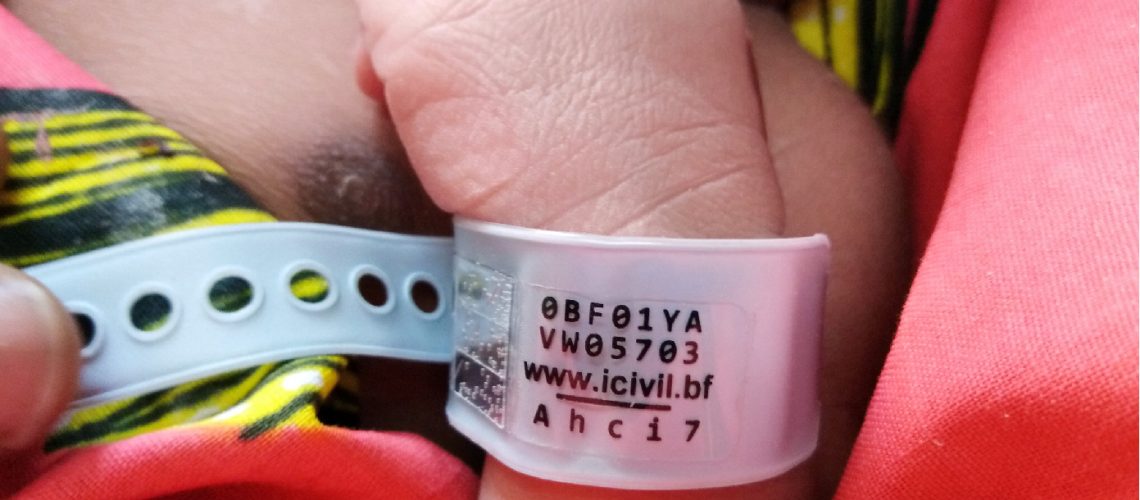According to a report published by UNICEF in 2013 “one in three children under 5 years of age do not officially exist”. The report says that “the births of almost 230 million children under 5 have never been registered, approximately one in three around the world”
Children who are not registered at birth will not have any documents to prove who they are, such as a birth certificate which can prevent them from going to school, getting healthcare, getting public benefits and a passport.
For the poor families living in emerging countries, especially last mile people, the registration of a birth means travelling vast distances to a national registration office, a trip they usually postpone because they don’t have the money nor the time to travel.
Adama Sawadogo, a document security consultant in Burkina Faso has been working for the past three years on an groundbreaking invention: iCivil. This could be a game-changer for the civil registration of children in Africa. iCivil is a smartphone app coupled with a unique bracelet that pairs a unique identification number with an encrypted SMS. The bracelet uses an authentication technology called Bubble Code developed by the French tech company, Prooftag.
The newborn receives a hospital bracelet with a QRcode that is photographed via the smartphone app. The nurse or midwife is prompted to fill in a form with the newborn’s details (and the parents’). This data is sent via encrypted SMS to a central server managed by the national registration office.
Here’s a video (in French) explaining a birth registration procedure

